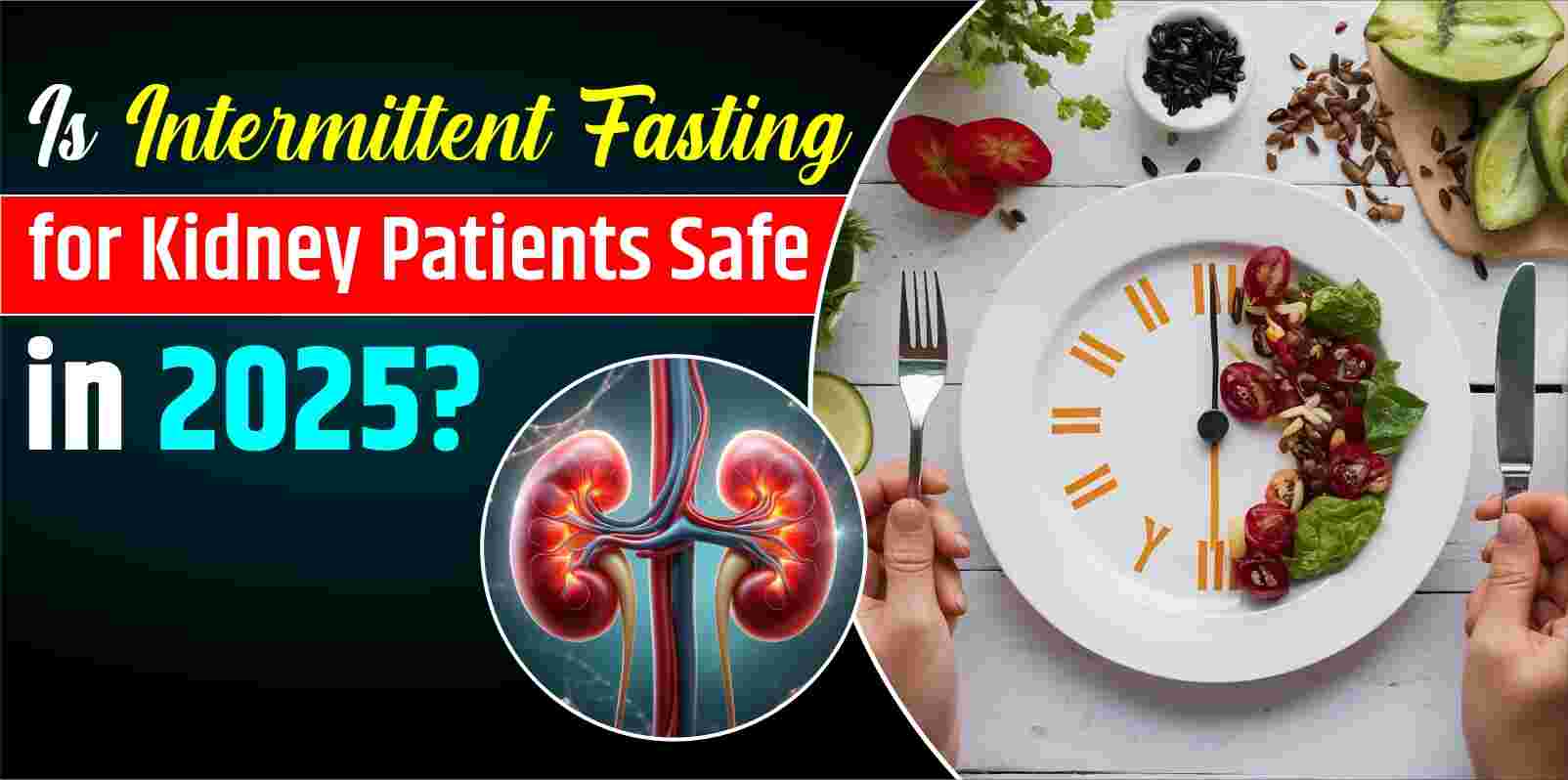
Hey there! If you or a loved one is living with kidney issues and wondering whether intermittent fasting is a good idea, you're not alone. Intermittent fasting (IF) has taken the health world by storm, and it's no surprise. From weight loss to improved metabolism, there are tons of benefits being talked about. But here’s the million-dollar question: Can kidney patients do intermittent fasting?
Let’s unpack this gently, in a way that makes sense and doesn’t make your head spin. We'll talk about what intermittent fasting is, what kidney patients need to watch out for, and whether fasting and kidney health can safely go hand-in-hand in 2025. Ready? Let's dive in.
Intermittent fasting isn’t about what you eat; it’s about when you eat. There are a few popular patterns:
It’s not necessarily about starvation; it’s more about giving your body a break from constant digestion. That break allows your body to focus on repairing itself, burning stored fat, and resetting insulin levels.
Kidneys function 24/7 and remove waste, stabilize fluids, manage blood pressure, and maintain important electrolytes (think sodium and potassium). If you have kidney disease, regardless of whether it’s in the early stages or later, the same tasks will become progressively more challenging.
Now, imagine that you do not eat or drink any calories for hours. For someone with perfectly healthy kidneys, it might not be a big deal. But intermittent fasting for kidney patients does increase the following risks:
In 2025, we have a better understanding of how intermittent fasting interacts with chronic conditions like diabetes, hypertension, and, yes, chronic kidney disease (CKD).
Here’s what recent research and doctors are saying about intermittent fasting for kidney patients:
It can be safe for some people with kidney disease, but it really depends on the stage and type. Always talk to your doctor first; fasting without proper guidance can affect fluid balance, electrolytes, resulting in deteriorating renal function.
In Ayurveda, fasting is seen as a powerful healing tool, but it’s not one-size-fits-all. Ayurvedic doctors typically recommend "upvaas" (fast) with moderation depending on the person's prakriti (body type) and vikriti (imbalance or illness).
If you're curious about fasting and your doctor gives a thumbs-up, here are some friendly pointers:
The answer isn’t black or white, as fasting and kidney health do share an intricate bond. Intermittent fasting can be safe for some kidney patients, especially in the early stages and with medical supervision. But it can be risky for others, particularly those in advanced stages, on dialysis, or managing other health conditions like diabetes.
The good news is, you don’t have to jump into strict fasting to enjoy similar benefits. A disciplined eating schedule, a balanced Ayurvedic diet, and herbal kidney support can also help you stay healthy without the stress of extreme fasting routines.
Remember, your body is unique. Don’t force it into a routine just because it’s trending. Talk to your care team. Be kind to your kidneys. And as always, eat mindfully, hydrate wisely, and live joyfully.
Ans.
It may reduce inflammation and oxidative stress but needs medical supervision.
Ans.
Some studies show modest improvements, but results vary and aren't guaranteed.
Ans.
16:8 is generally safer with proper hydration and diet; 5:2 needs more caution.
Ans.
Strictly follow the nephrologist’s fluid limits and monitor potassium, sodium, and phosphorus.
Ans.
Yes, especially in advanced CKD or dialysis patients; careful monitoring is essential.
Ans.
If they’re on dialysis, insulin, or have uncontrolled CKD symptoms, always consult first.

Certificate no- AH-2023-0186
JAN 05,2023-JAN 04,2026
"Ayurveda is not just a system of medicine; it's a way of life. Connect with us to embrace a lifestyle that nurtures your body, mind, and soul."
Book Consultation Now